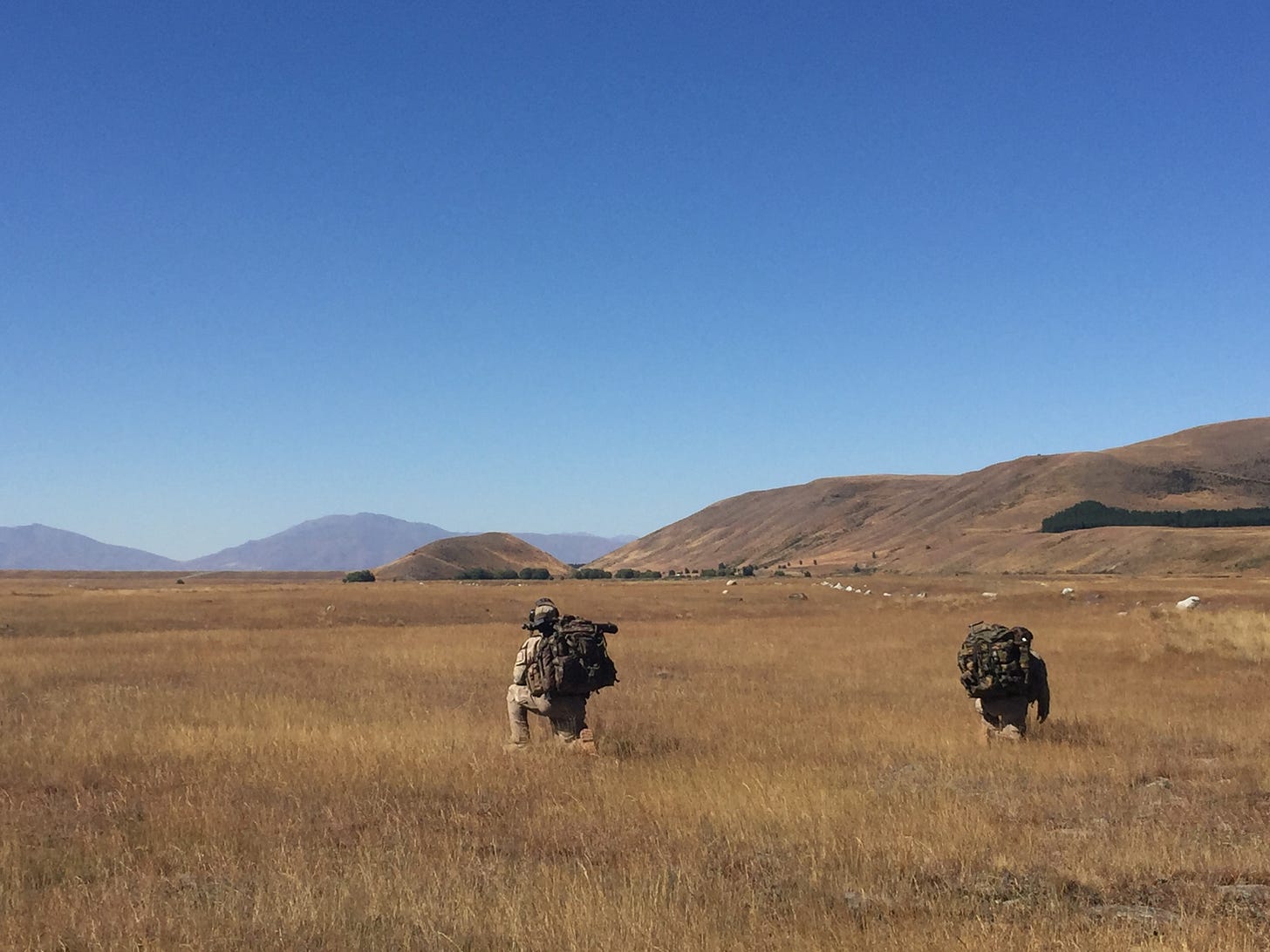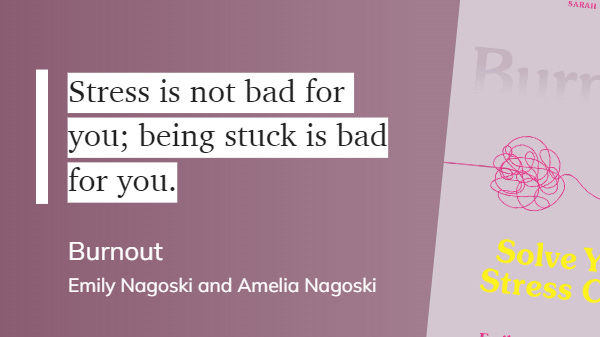The job of the military is to prepare for the day we all hope will never happen.
A few years ago, I was fortunate to spend a year working as a civilian for the New Zealand Defence Force, as the only member of the Public Affairs team based in the South Island. I got to see and do some seriously cool stuff, but it would be fair to say that mixed in with the once-in-a-lifetime moments were daily doses of culture shock and regular doses of confusion while I adapted to my environment.
One thing I found hard to get used to was the pace that people walked around the Army camp where I was based. No one seemed in a hurry, ever.
I wouldn't describe myself as a runner by any stretch of the imagination, but I do walk with purpose and frequently 'get my march on' to the extent that my walking may breach Olympic rules (for style, not speed 😅). I vividly remember breaking into a light jog one day to pick up some printing from the photocopier. I must have shaved all of 7 seconds off that little commute and I'm sure the NZ taxpayer was grateful for my efforts (you're welcome).
On the way back to my office I encountered foot traffic in the corridor and had to brake. Seeing me move faster than was necessary, the person in uniform greeted with me with a puzzled expression and then, eventually, the obvious question: "why are you running, we're not at war?"1
Why indeed. I had absolutely no sensible answer for this unnecessary energy expenditure.
If there's one thing military personnel know how to do, it's pace themselves.
The job of people in uniform is to be ready. Ready to go. Ready to fight. Ready to serve. You can't be ready if you're always tired or worn out. The only thing you're ready for in that state is a nap! 🥴
If you need to run (literally or figuratively) just to keep up with your everyday activities, how on earth are you going to ramp up when extraordinary events require something more?
Aside from the obvious dangers in this situation (not being able to respond effectively to a crisis, and that situation in turn creating a secondary crisis), the more insidious risk is that, when your workplace requires you to operate at high intensity all the time, anything less will look or feel very unproductive. And the thing about unproductive behaviours is that they quickly become undesirable and unacceptable.
If your workplace and your workload makes it impossible for people to pace themselves because you have to work frenetically just to survive, then your workplace is unsafe.
I’m not talking about periodic moments of predictable stress (eg end of financial year, project deadlines and so on), I’m talking about being stuck in a stress state because your environment or culture makes it too difficult to be in any other state.
The great challenge of operating at a more measured pace is that you’ll be acutely aware of the extra capacity you have and if you’re in the habit of operating AT (or above) your capacity, you’ll probably feel like you’re slacking.
Resisting the opportunity to use that capacity at every turn requires enormous willpower and a culture that supports and rewards that behaviour. When did you last get rewarded for not being exhausted?
🔋 Being ready to respond to life’s curveballs means that on a daily basis we need to get in the habit of having unused capacity - not running to empty (or worse, trying to run ON empty) every day.
We need to start thinking of a full battery as the energy available to survive a crisis, instead of the energy needed to survive a normal day.
What will it take for you to feel like it's OK to preserve some energy for a crisis?
If you feel like you haven't worked hard enough in a normal day because you have some energy left at the end of the day, it's time to shift that thinking.
If your boss feels like you haven't worked hard enough in a normal day because you have some energy left at the end of the day, it's time to find a new boss.
The battery test for me is always: what's left for my family? It's easy to say "family comes first" but the reality is often that family gets whatever is left after our employer has taken the best bits. We’re supposed to be able to transition home and still have the physical, mental, and emotional capacity to cope with whatever challenges are part of our personal lives.
As we approach the weekend, do you have enough battery left to enjoy it and give something left to the people who are most important to you, or will you be too busy recovering from running all week? 🪫
Here’s to practicing slowing down (and maybe even stopping to look sideways from time to time),
Kathryn 🦉

As I write and reflect on this story, I'm mindful of the tens of thousands of people whose daily reality contains the horrors of conflict, war-related trauma and unfathomable loss. This newsletter is a reflection on how often we operate as if we’re dealing with constant crises or emergencies, leaving no battery left for when we actually have to deal with one.




